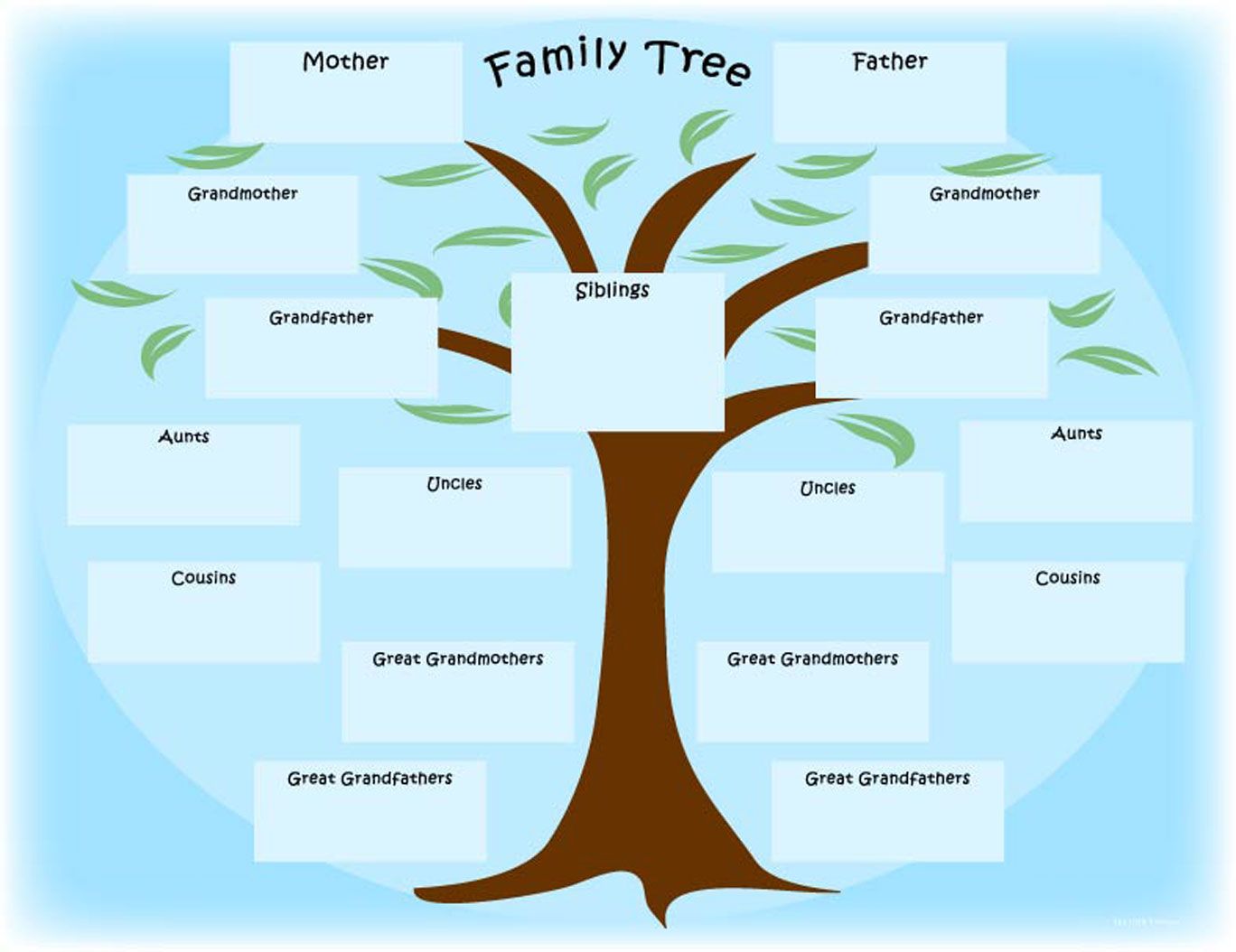Exploring your family tree can be an exciting adventure. Trace your ancestors through time and learn more about where you came from and the events which defined their lives. Perhaps they moved West for the Gold Rush or were a local celebrity in their town. In addition, discovering your roots can be helpful for you to understand potential health risks that run in your family. For example, should you pay more attention to certain signs of diabetes? Obituaries are a great resource as they you can help you learn how your relatives died as well as their greatest accomplishments. If you would like to discover your family history, then consider using these sources.
Genealogy Records
Consider looking at valuable genealogy records including census records, birth certificates, marriage licenses and death records. Military records can also hold important clues. You can start searching your family name in the area’s newspapers and moving on to support your findings with the official records. For example, government records can hold important clues about when your family arrived in a particular region. In the United States immigration records often include complete passenger lists.
Oral Histories
If you are blessed to know some of the older members of your family, take time to visit them. You will have a great time listening to them tell funny family stories, and they will enjoy reliving the events that happened to them and their ancestors. Take along a tape recorder or make sure your phone is fully charged so that you can record these stories. If they still live in an area of significance for your family, then consider taking them to areas where they grew up as this often helps resurface memories and stories. This older generation may also know the medical history of many members of your family.
Online Sources
When you tie your ancestors into a particular geographical area, then there may be help from the local library. Many maintain old newspapers and other resources that are available for free either online or in person.
Genealogical Research Libraries
There are several genealogical research libraries in the United States. Each one has its own special focus, so you may want to visit several of them.
Allen County Public Library- This library in Fort Wayne, Indiana, houses more than 10,000 genealogical and historical periodicals starting in 1800. They have a particular emphasis on Canadian, British Isles, African-American and American Indian family histories.
Clayton Library Center for Genealogical Research- This library in Houston, Texas, houses General Register Office Vital Records Indexes for 1837 to 1930 for England and Wales along with immigration records for many Southern ports..
Library of Congress- This library in Washington D.C. houses more than 50,000 genealogies and 100,000 local histories. Their collection of primary sources from North American, British Isles and Germany are particularly strong.
Mid-Continent Public Library Midwest Genealogy Center- This library in Independence, Missouri, houses more than 102,000 family history books and 100,000 local history books. Their strong suit is families from the Midwest and the Southern United States.
New England Historic Genealogical Society Research Library:- This eight-floor library in Boston, Massachusetts, focuses on New England families. Remember, however, that any family who spent time in New England may be included in this extensive library. Much of their collection is unpublished..
Traveling to explore your families history is important because it gives you a better understanding of your family’s medical history. Understanding the diseases and conditions from the previous generation allows you to understand what ailments you may face in the future. The more you know about it the more of an effort you can make towards saving your family’s history and passing it down to the next generation.


